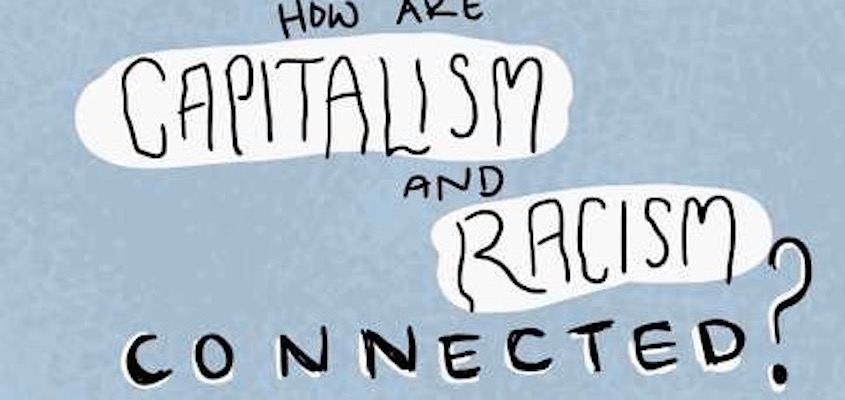(ThyBlackMan.com) If you are considering buying a home, you likely have read or heard about different types of home loan you may qualify for. It’s important to research each of these options so you know how to proceed as you look for a home and work with your lender. Some loans have more strict requirements for credit score and debt-to-income ratio than others. And some loans even offer incentives if you make under a certain amount per year.
So where do you start? Take a look at our beginners guide to home loans! We offer a simple overview of the different types of home loan you may qualify for or choose to go with. The rest is up to you!
A Beginner’s Guide to Home Loans
Before deciding which type of home loan is right for you, take a look at a preview of some options:
Conventional Loans
A conventional loan is a type of loan that is not backed by the federal government. With a conventional loan, you will be responsible for 3.5%, 5%, or 20% down payment. If you pay less than 20% down, you will have to pay private mortgage insurance on the loan. In order to qualify for a conventional loan, you must meet the following:
- Credit score 620 or higher
- Debt-to-income ratio (DTI) of 45% or less
- Able to provide more extensive documentation of your assets, income, and expenses
One of the biggest perks to conventional loans is that it is the only type of loan that accepts student loan repayment plans. Every other type of loan requires 1% of the total student loan balance to be added to your DTI, even if you have a payment that is $0.

Government-Insured Loans
Government-insured loans are loans that help lower income, rural, and minority homebuyers get loans and permanent housing. There are three types of government-insured loans:
- FHA: FHA loans are backed by the Federal Housing Authority (FHA). These loans are ideal for homebuyers who don’t have perfect credit or who can’t afford 20% down. With FHA, someone with a credit score of 580 can pay as little as 3.5% down. Someone with a credit score as low as 500 can qualify if they put at least 10% down.
- USDA: Backed by the U.S. Department of Agriculture (USDA), USDA loans are designed to help low- to moderate-income buyers in rural areas. In order to qualify, you must choose a home in a USDA-eligible area and you must meet certain income guidelines. Many people who qualify for USDA loans do not have a down payment.
- VA: The Department of Veterans Affairs (VA) offers loans to active or former members of the U.S. military. If you qualify for a VA loan, you may not have a down payment or private mortgage insurance requirement. Also, you may not have to pay closing costs as the seller can agree to pay, or you can roll them into the loan.
Fixed-Rate Loans
A fixed-rate home loan is a loan that keeps the same interest rate over the life of the loan, no matter how the real estate market changes. That’s good if you want your mortgage payment to be super predictable. It’s not so good if you are looking for the lowest interest rate. Fixed-rate loans are offered in 15, 20, and 30 year terms.
Adjustable-Rate Loans
Adjustable-rate loans have interest rates that fluctuate with the market conditions. You may have a fixed rate for a period of some years before your rate changes. This is good if you want the best interest rate for the time. But it can be bad if your rate increases and your mortgage payment becomes unaffordable.
Conclusion
Above, we provide an overview of the most common types of home loan available. Remember that no matter what type of home loan you attempt, you will need to provide important information to your lender, such as:
- Current contact information
- Employment history
- Tax returns
- Bank statements
- Other financial account statements (stocks, bonds, cryptocurrency, etc.)
- Paystubs or 1099s
- Proof of income and recurring expenses
Ready to get started? Contact our Black realtor in Boston to learn more.
Staff Writer; Roy Brown




















Leave a Reply